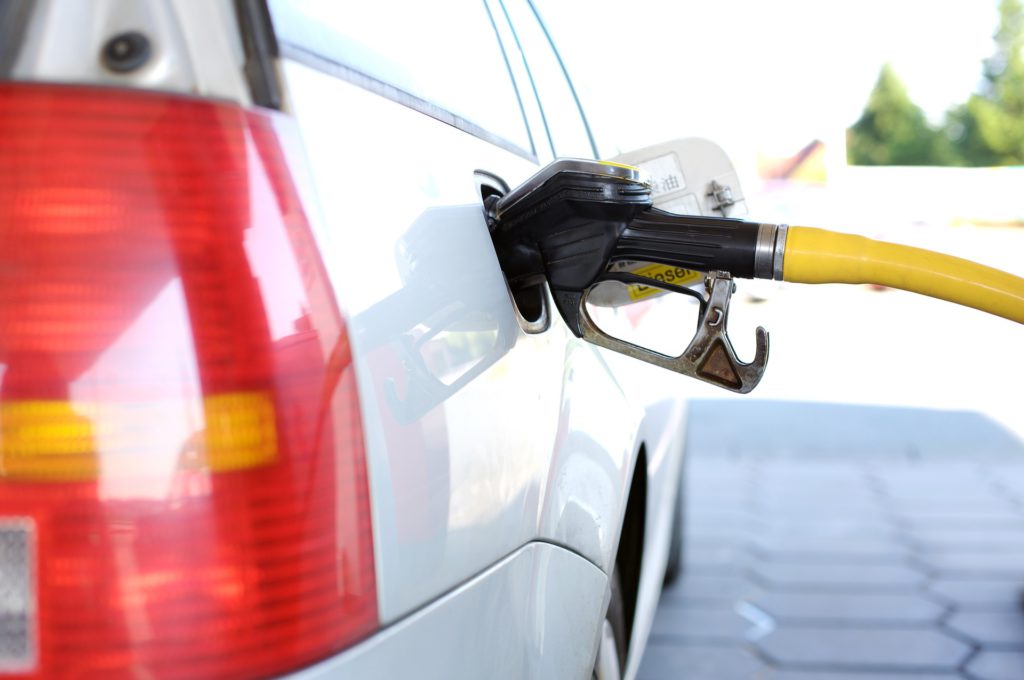German manufacturers fight back as they commit to improving diesel reputation
24 July 2017

24 July 2017
German vehicle manufacturers have come under fire in recent months, due to their work with diesel technology. Much of this is thanks to the Dieselgate scandal initiated by Volkswagen (VW) in 2015, and which has since engulfed Audi, Porsche and, more recently, Daimler.
Reports also suggest that BMW is part of a cartel, currently being investigated by the European Commission, which discussed emission technology as part of collusion meetings. That would implicate all of Germany’s manufacturers in some form of emission fixing scandal in one way or another. However, BMW has rejected the claims over the cartel.
In a statement, it comments: ′BMW Group vehicles are not manipulated and comply with respective legal requirements. Of course this also applies to diesel vehicles. Confirmation of this is provided by the results of relevant official investigations at the national and international level.
′The BMW Group categorically rejects accusations that Euro 6 diesel vehicles sold by the company do not provide adequate exhaust gas treatment due to AdBlue tanks that are too small. We compete to provide the best exhaust treatment systems: Unlike other manufacturers, BMW Group diesel vehicles employ a combination of various components to treat exhaust emissions. With this combination of technologies, we fulfil all legal emissions requirements and also achieve a very good real-life emissions performance. This means there is no need to recall or upgrade the software of BMW Group Euro 6 diesel passenger cars.’
The last line could be seen as a reference to Audi, which has announced it will be recalling 850,000 Euro 5 and Euro 6 vehicles to update their software in order to improve emission outputs. However, BMW is in talks with the national government and is expected to announce a recall of its Euro 5 vehicles, in order to offer a similar software upgrade.
It is these talks, also including the VW Group and Daimler, which are expected to be turned into a national plan for manufacturers which will be announced at a diesel forum in early August 2017. These talks have progressed from a discussion between representatives from the state of Bavaria and both BMW and Audi. The national government is facing an election on 24 September 2017 and needs to be seen to be doing something about the escalating air pollution problem, which could see a number of cities in the country look to ban diesel cars. While manufacturers were happy to develop the software, discussions centred on the cost of implementing the recalls and servicing. These issues are now believed to be resolved.
In Bavaria, BMW and Audi believe their software fix could reduce the harmful nitrogen oxide (NOx) emissions by 20% over the next five years ″†but they said the software solution ′is not usually feasible for model years 2011 and older, due to technical reasons’. The Bavarian State Government said, if other carmakers joined their lead, NOx emissions of diesel cars in Germany could halve by 2021.
The plans show that manufacturers are keen to keep developing diesel, which they don’t believe is on its knees. The fuel currently accounts for around half the automotive market in Europe, although this was much higher before the VW scandal. Manufacturers are keen to keep their diesel fleets as they help toward European requests to ensure their fleets have low CO2 outputs.
Speaking following the announcement that Daimler will recall three million vehicles to fix their emissions outputs, Dieter Zetsche, Chairman of the Board of Management of Daimler AG and Head of Mercedes-Benz Cars, commented: ′The public debate about diesel engines is creating uncertainty – especially for our customers. We have therefore decided on additional measures to reassure drivers of diesel cars and to strengthen confidence in diesel technology. We are convinced that diesel engines will continue to be a fixed element of the drive-system mix, not least due to their low CO2 emissions.’